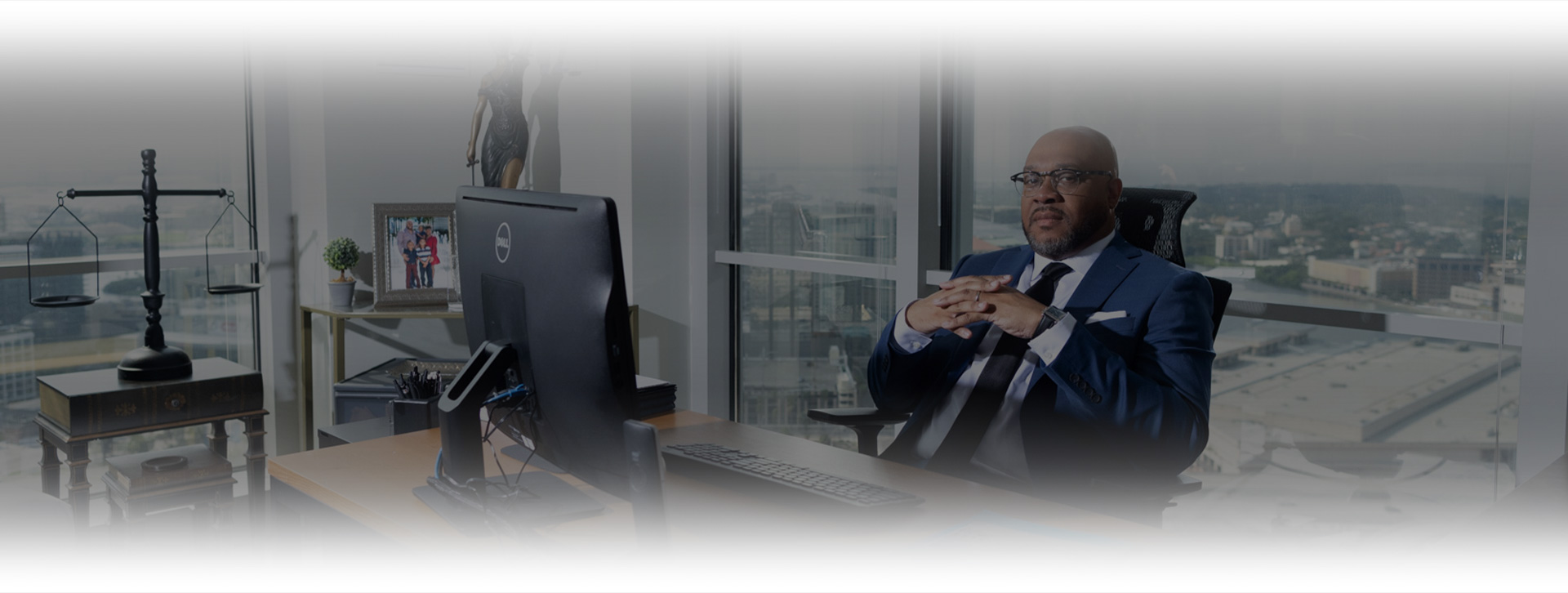
Florida Traumatic Brain Injury FAQs
A traumatic brain injury (TBI) can turn your world upside down in an instant. If your brain injury happened because of someone else’s careless or negligent actions, it’s important to know your rights and what options you have under Florida law. Whether you’re wondering about fault, how much time you have to file a claim, what kind of compensation might be possible, or if you even need a lawyer, this guide offers clear, friendly answers to help Tampa residents through a tough time.
What if I’m Partially at Fault for the Accident That Caused My Brain Injury?
Florida law changed in March 2023 to a “modified comparative negligence” system. This means you can still recover damages as long as you’re 50% or less at fault. However, any compensation you get will be reduced by your percentage of fault. If you’re more than 50% at fault, unfortunately, you won’t be able to recover damages—even if the other person was somewhat responsible. Because these rules can be complicated, it’s a good idea to talk with a lawyer early to understand how they apply to your situation.
Do I Need a Lawyer for a TBI Claim?
You don’t have to hire a lawyer, but it’s often the smartest choice. TBI cases are complex—both medically and legally. Insurance companies might try to minimize your injuries or offer you less than you deserve. A good lawyer can help gather evidence, work with medical experts, handle negotiations, and stand up for you if the case goes to court.
How Long Do I Have to File a Brain Injury Claim in Florida?
Generally, you have two years from the date of your injury to file a personal injury claim. But there are exceptions that can make this deadline shorter or longer, so don’t wait too long to get advice.
What Compensation Can I Recover?
If your TBI was caused by someone else’s fault, you might be able to seek damages for things like medical bills (past and future), ongoing rehab and care, lost wages, reduced earning ability, as well as pain, suffering, and emotional distress. Each case is unique, so the amount and type of compensation can vary widely depending on your situation.
How Do I Prove Someone Else Was Negligent?
You’ll need to show that the other person had a duty to be careful, that they broke that duty, and that this directly caused your injury. This usually means collecting accident reports, witness statements, photos, medical records, and sometimes expert testimony. Having an experienced legal team can make this process much easier.
What Immediate Steps Should I Take After a Loved One Suffers a Traumatic Brain Injury?
First and foremost, call 911 or get emergency medical help right away. Keep your loved one still, especially their head and neck, to avoid further injury. Watch for symptoms like unconsciousness, confusion, seizures, unequal pupil sizes, or trouble moving limbs. Don’t try to move them unless absolutely necessary. If they’re bleeding, apply gentle pressure with a clean cloth—but avoid pressing on any suspected skull fractures. Emergency responders will handle the rest, including important brain scans and assessments once they arrive.
How Do I Find the Right Medical Specialists for TBI Treatment and Rehabilitation?
Doctors will guide you towards specialists depending on the severity of the injury. This usually includes neurologists, neurosurgeons, physical therapists, occupational therapists, speech therapists, and sometimes psychologists. Asking your hospital care team for referrals and looking for brain injury rehabilitation centers in Florida that specialize in multidisciplinary care is a great start.
Will My Loved One Qualify for State or Federal Benefits Related to Their Brain Injury?
Potentially, yes. Your loved one may qualify for Social Security Disability benefits or Medicaid, and there are Florida programs like the Brain and Spinal Cord Injury Program that offer specialized services. It’s best to get help from a social worker or an attorney who knows these benefits well to make sure you don’t miss out.
How Can I Get Assistance with Long-Term Care or Home Modifications?
There are various resources that might help with long-term care needs, including home health aides, nursing care, and funding for home modifications to improve accessibility. Local agencies and nonprofit organizations in Florida can assist with navigating these options. Your healthcare team or case manager can also connect you with these resources.
What Kinds of Challenges Should I Expect with Recovery and Cognitive Impairments?
Every brain injury is different, but common challenges include memory problems, difficulty concentrating, mood swings, headaches, and physical impairments like weakness or coordination issues. Recovery often takes time, patience, and ongoing rehabilitation. Emotional support for both the injured person and family members is really important, too.
Can I Get Compensation for Mental Health Counseling or Therapy?
Yes, if your traumatic brain injury claim is successful, compensation can often cover mental health services such as counseling or therapy. These treatments are considered essential because TBI often impacts emotional and psychological well-being, not just physical health.
What Happens If the At-Fault Party Doesn’t Have Insurance?
If the person responsible doesn’t have insurance, it can make things more difficult—but not impossible. Florida law requires drivers to have Personal Injury Protection (PIP) and bodily injury coverage in some cases, but uninsured motorist claims may still apply. Your own insurance policy might also offer uninsured motorist coverage. A lawyer can help explore all your options.
How Can I Protect My Loved One’s Legal Rights If They Can’t Make Decisions for Themselves?
If your loved one is unable to make decisions due to their injury, establishing legal guardianship or power of attorney is important. This allows you or another trusted person to manage medical, financial, and legal matters on their behalf. Consulting with a lawyer experienced in Florida law can guide you through this process.
How Will a TBI Affect My Family’s Finances and What Resources Can Help?
A TBI can bring unexpected expenses, from medical bills to lost income. Many families face financial strain. Luckily, there are resources like state and federal disability programs, workers’ compensation (if the injury happened at work), and nonprofit organizations that offer financial help or support services. A personal injury claim can also provide compensation to ease this burden.
What Should I Know About Working with Insurance Companies and Avoiding Common Pitfalls in TBI Claims?
Insurance companies may try to minimize your loved one’s injuries or settle quickly for less than the claim’s value. Keep detailed records of all treatments, expenses, and communications. Don’t sign anything without consulting a lawyer first. Having experienced legal help makes a big difference in making sure you get the fair compensation your family deserves.

Proven Results. Real Justice.
We've Recovered Millions for Our Clients
-
 $1.5 Million NFL Concussion
$1.5 Million NFL Concussion -
 $5 Million Premises Liability
$5 Million Premises Liability -
 $1 Million Truck Accident
$1 Million Truck Accident -
 $1.7 Million Wrongful Death
$1.7 Million Wrongful Death

As a former prosecutor, Attorney Stallworth has the strategic skills and litigation experience to obtain reimbursement for your out-of-pocket expenses, compensation for your pain and suffering, and justice for you. You pay nothing unless we recover compensation on your behalf—no upfront fees, no obligation.




